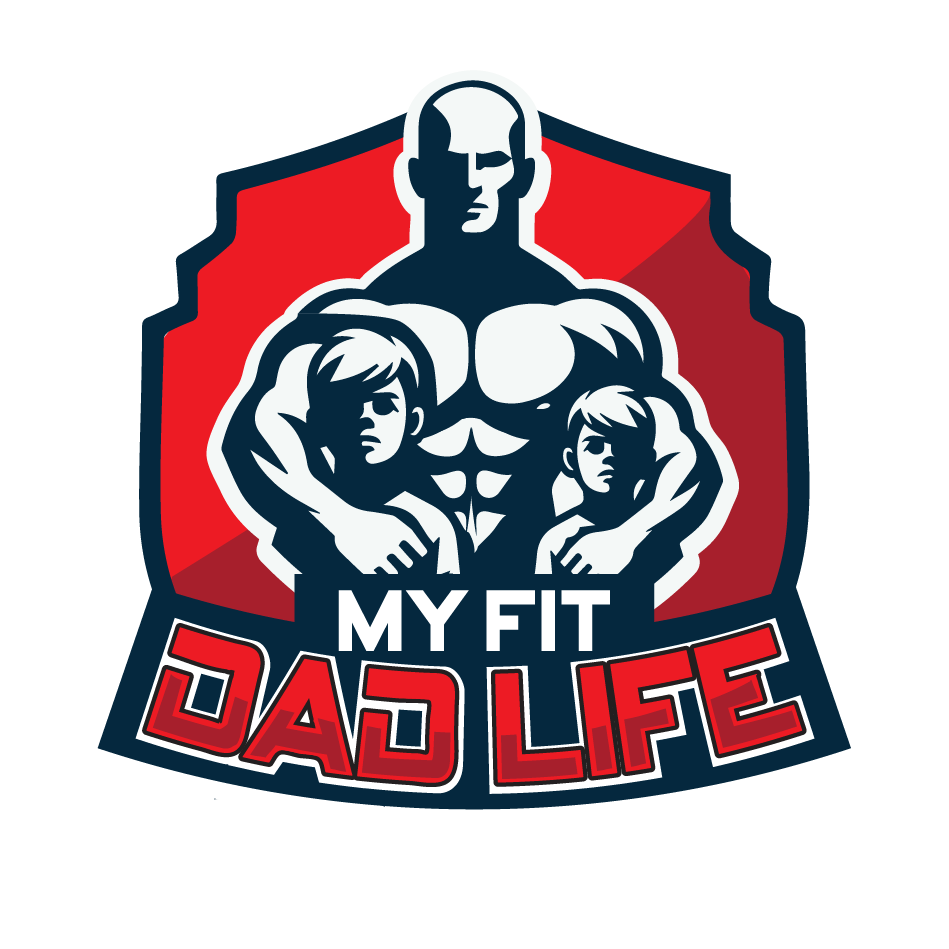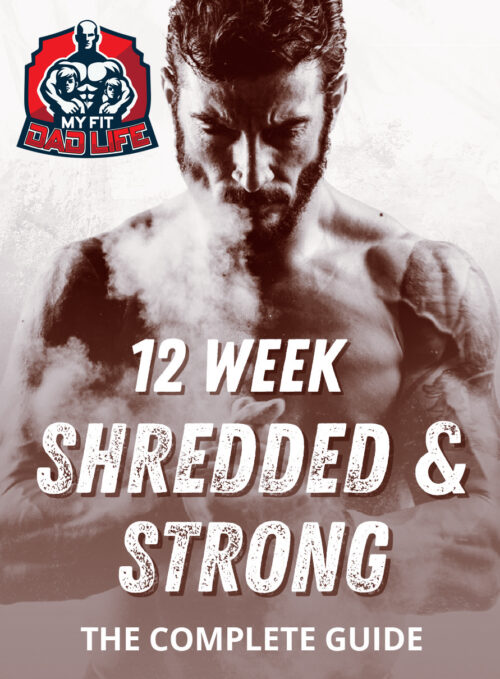“How are you feeling?”
I hear that question a lot lately—from family, friends, and people following my journey with my newly diagnosed congenital heart disease: BAV. And honestly? I’m grateful for it. I really am!
These days when people ask how I’m doing, the easy answer is “I’m OK,” and then I carry on like nothing is going on. But sometimes people ask “Really?”—and look at me like they actually want to know, and they’re not just being polite. That’s when the answer changes to, “I feel like shit, but I’m still kicking. And that’s better than the alternative. Ha ha ha…” I usually try and throw in the laugh to lighten the mood… but the truth is, I do feel like absolute trash these days. My symptoms seem to get worse every day. I’m tired. I’m winded. I can’t train. I don’t have a lot of energy. It’s not me. And it’s not fun!
But if I’m being real? Right now, the hardest part of all of this isn’t the failing valve—it’s the mental battle that comes with it.
As many of you know, I’ve been diagnosed with a bicuspid aortic valve (BAV), a congenital heart defect that affects 1 in 100 people. I also have severe regurgitation, which means blood is flowing back into my heart and it’s only functioning at 50%. That diagnosis changed everything.
I’ve trained most of my adult life to be strong—mentally, physically, emotionally. But there’s no conditioning program for the fear that comes with hearing the words “open heart surgery.” There’s no jiu-jitsu submission to choke out that fear. No kickboxing combo that beats back anxiety…
This kind of fear gets in your head. It lingers. And for a lot of men, especially those who’ve built their identity around being tough and in control, we don’t really know what to do with that.
We push it down. Try to outwork it. Stay quiet and hope it passes.
Men’s Mental Health: The Hidden Crisis
Here’s the thing: I’m not alone in this fight, even though it can feel that way.
- Every year, more than 6 million men in the U.S. experience depression, but many never seek help.
- Men die by suicide nearly 4x more often than women.
- Roughly 1 in 10 men experience anxiety or depression—yet fewer than half get treatment.
- And when men face major life stressors—like illness, injury, or identity changes—their mental health risk skyrockets.
For many of us, vulnerability feels like weakness. We’re taught to “tough it out,” bury the pain, “man up.” But that mindset? It’s killing us.
Fighting Without Gloves
I’ve written before about how combat sports have helped my mental health—how stepping into the ring or onto the mats let me channel anxiety and stress into something focused and productive. (Read that post here). Lifting weights and moving my body have saved me more than once from spiraling. (That one’s here).
But this journey is different.
I can’t punch my way out of this. I can’t out-lift heart disease. I’m actually not even allowed to lift much at all these days and I can’t do much in the way of cardio or letting my heart rate get high. And so the mental fight has gotten real.
The waiting. The slowing down. The shift from athlete to patient. The pressure of staying strong for my kids. The fear of losing myself in this diagnosis—probably the biggest fear of all.
It’s been a slow burn of emotional exhaustion, fear, and isolation… wrapped in a body that looks the same on the outside.
So What Keeps Me Going?
I’m not dealing with depression, but I’ve definitely felt the weight of all of this.
This has been one of the hardest stretches of my life. Mentally, emotionally, spiritually. And I could easily let my mental health get the best of me—especially now, when so many of the tools I’ve always used to manage stress and anxiety have been taken away.
But thankfully I have other things that are keeping me grounded:
- My faith – Prayer, scripture, and knowing I’m in God’s hands has helped more than I can say. Isaiah 40:31 reminds me that even when I feel weak, I’m not alone.
- My kids are watching how I respond to adversity. I want them to see strength—not just in muscle, but in mindset.
- Victoria has been my anchor through the worst of this—steady, supportive, and the rock I need right now.
- My family has lifted me up when I needed it most.
- My community reminds me that even in the dark, I’m not walking this path alone.
- Three small workouts a week – They’re not much, but they’re mine. They keep me moving and remind me I’m still here.
Even with all of that—there are still days when it’s hard. When the weight feels so fucking heavy! And I know I’m not the only one who feels that way in their life, and thankfully I’ve got an amazing system to support me, but not everyone does.
But then there are the moments with my boys—when they ask if we’re still going camping this summer, or why we’re not travelling to visit family like we usually do. Trying to explain what the first six weeks after surgery will look like… that I won’t be able to wrestle with them before bed, or lift them, that I’ll be tired, healing, and that I’ll be very limited in everything I do—it’s heartbreaking. I’m not used to feeling or looking weak, especially not in front of them. And having to say out loud what I’ll be going through? Honestly, that’s been one of the hardest parts.
Still, here’s what I know: I’ll get through this. I always do. I’m too stubborn not to.
I’ve never been the kind of person to stay down for long, and I won’t start now. I just can’t wait to be on the other side of this—to start the next chapter, get back to training, back to coaching, back to living.
If You’re Reading This and Struggling
I see you.
You’re not weak for feeling tired.
You’re not broken because you’re battling in silence.
There is no shame in needing help. In fact, reaching out is one of the strongest things you can do.
I’ve said this in other posts and I’ll say it again:
In today’s world, the conversation around mental health has come a long way—but it’s still not talked about enough. Depression, anxiety, suicidal thoughts—these are real. And they’re serious.
Personally, I’ve never had suicidal thoughts, but too many men out there are trying to “tough it out,” keeping it all in, and silently falling apart. That has to change.
If you feel like you’re drowning—talk to someone. If the first person doesn’t listen, talk to someone else. And if they don’t listen? Keep going until someone does. You matter.
Resources:
- Crisis Support (Canada): Call or text 988 (24/7)
- Talk Suicide Canada: talksuicide.ca or 1-833-456-4566
- HeadsUpGuys: A resource for men dealing with depression – headsupguys.org
- Men’s Health Foundation: menshealthfoundation.ca
Let’s Normalize the Check-In
Next time you ask someone how they’re doing, mean it.
Ask about their mind. Their heart. Their soul.
And if you’re the one being asked—don’t be afraid to say “I’m not okay” if that’s the truth.
Strength isn’t just about how much you can carry.
Sometimes, it’s about knowing when it’s time to set it down, catch your breath, and ask for help.
And there’s nothing weak about that.






